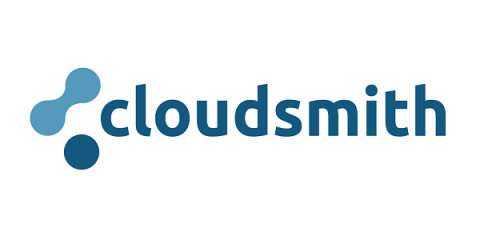Deploy packages from a Cloudsmith repository with Ansible
Ansible is an open source continuous configuration automation (CCA) tool. You can use it to automate the management of the configuration of host systems. For example: installing and configuring applications, services, security policies; or to perform a wide variety of other administration and configuration tasks.











